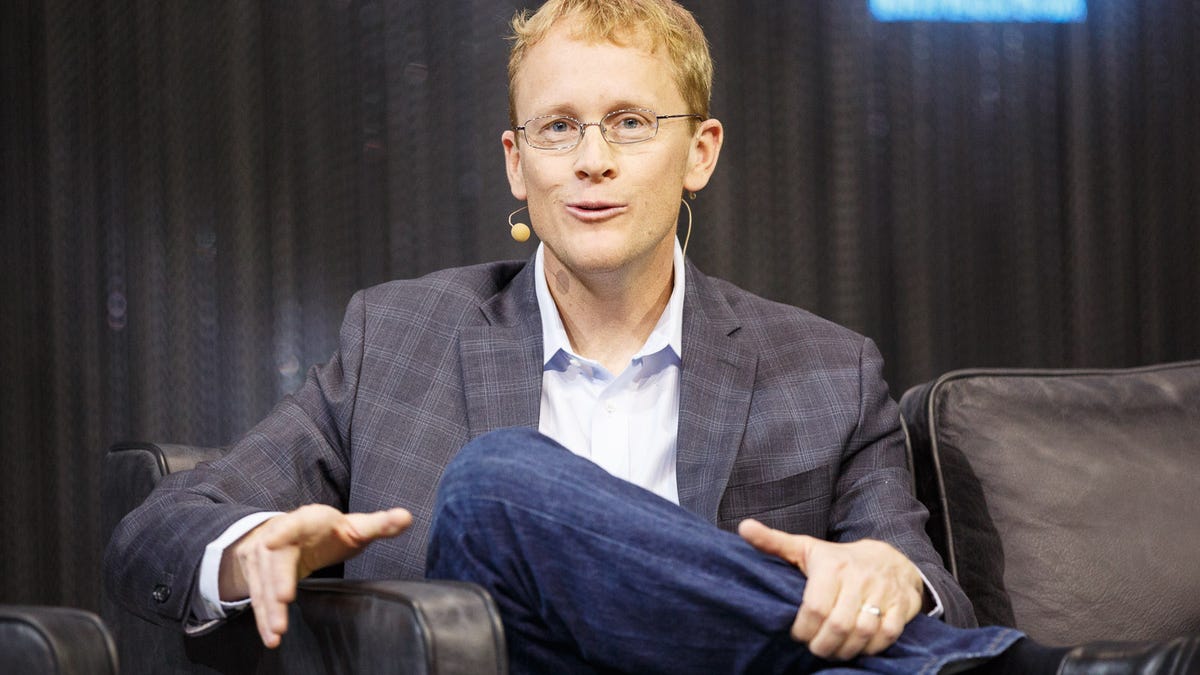Did you like last night's episode? Facebook wants to help media companies find out
Right now, those in the TV, movie, and media business can't tell very well what people are saying about on Facebook about their content. The social network has introduced technology to change that.

PARIS -- People who use Facebook to rant or rave about the latest TV show might soon have more of an audience than their social-network contacts.
For companies that produce entertainment content or that have brands to promote, the conversations people have about them on Facebook are mostly invisible today, said business development vice president Chris Daniels said at the LeWeb conference here. Now the company is working to give brands and media companies a better way find those conversations so they can engage.
"We know people are talking about TV, movies, and media on Facebook. We know it's happening on Facebook more than anywhere else. We just need to surface that more," Daniels said. The program is for media brands and content producers, not for the full array of consumer brands.
That might be harder than on Twitter, where so much conversation is very public and therefore more easily searched. But Daniels said Facebook's changes to be more competitive there are successful. "That's what we're doing, and it's working," he said.
The approach involves application programming interfaces (APIs) introduced in recent weeks. "We just released a set of APIs a matter of weeks ago, maybe just a couple of months ago, that actually allow brands and media companies, content owners, to be able to look and see and pull the feed of what are people talking about on Facebook," he said. That, in turn could make it possible to engage better.
Daniels is happy with apps that tie into Facebook -- fitness apps that let people compete and music apps that let people share music their friends and family listen to. But he thinks commerce is weak for social apps today.
"I haven't seen the perfect user experience that captures what I believe social commerce can be -- and I do believe commerce is naturally social," Daniels said. That'll change, though: "Lots of good companies are going after that opportunity."
Updated at 11:08 a.m. PT to correct that Facebook's program is only for partners in the media and content production industry.

